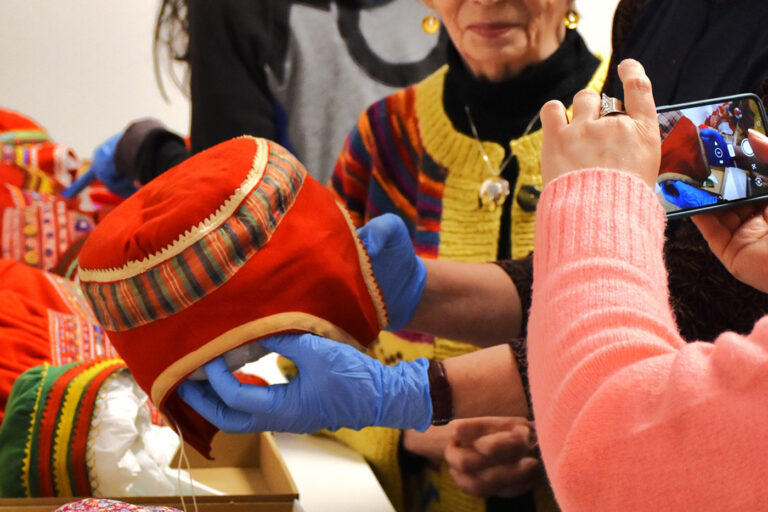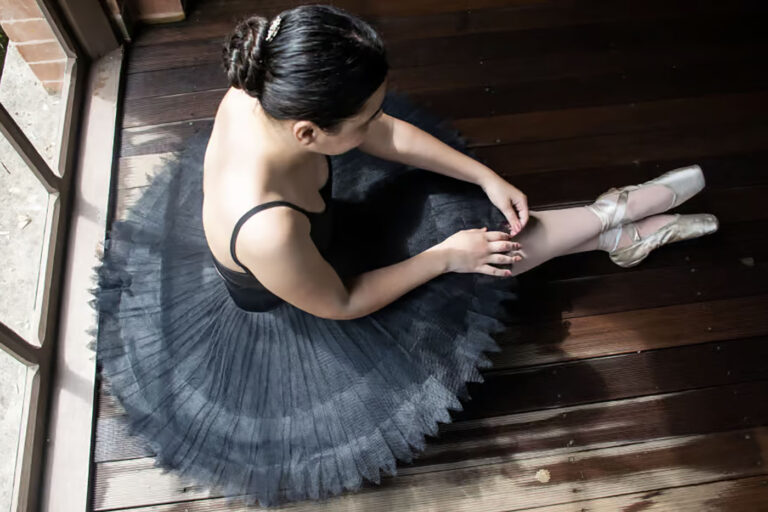Cultural Foundation provides funding for coronavirus dog research
The Board of the Finnish Cultural Foundation has granted funding totalling EUR 205,000 for two studies investigating the reliability of dogs in detecting coronavirus infections. The research is being conducted by teams led by Professor Anu Kantele at the University of Helsinki and Professor Seppo Vainio at the University of Oulu.


Dogs have an extremely accurate sense of smell, which can be useful not only in finding lost persons or animals but also in detecting illnesses and infections, among other things. When fighting a pandemic, it is essential quickly to test, trace and isolate infected and exposed individuals. Recently the use of specially trained sniffer dogs in identifying persons infected with COVID-19 has been investigated in Finland. A more widespread use of dogs has been hampered by a lack of scientific evidence of their reliability.
At the University of Helsinki, Professor of Infectious Diseases Anu Kantele, Professor of Viral Zoonoses Olli Vapalahti and Docent in Veterinary Science Anna Hielm-Björkman have carried out promising tests on the ability of trained dogs to identify samples from persons infected with COVID-19. Thanks to the new grant from the Cultural Foundation, they will be able to confirm the reliability of these tests with a double-blind study. Each dog will perform tests on 420 samples during an intensive research period of one to two weeks.
“Dogs have an incredible sense of smell. Even though our tests have been very promising thus far, I feel that it is imperative to verify the smell separation using scientifically approved validity testing,” Kantele explains.
In a double-blind setup, the dog and its handler will not know in advance what the samples consist of. Positive samples and negative control samples are gathered for the study from persons who have had a PCR test and whose samples have not previously been shown to the dogs. If necessary, donors can, in unclear cases, be called back later for antibody testing. The double-blind tests will be conducted in a specially designated research environment, where the dog and handler are alone in a closed room and are provided with sample series, randomly selected by a computer, to sniff. The test will be monitored via video link and the videos will be recorded. For each sample, the handler will indicate whether the dog signalled it as positive or negative. The testing will be monitored by an external dog-handling expert throughout.
“If the sniffer dogs can correctly identify the coronavirus patients’ samples from a mixed series, we will be one step closer to using the dogs in quick mass screening, for example to identify infected travellers at national borders,” Kantele says.
In the second research programme, the team led by Seppo Vainio will test the reliability of the sniffer dogs’ smell detection using molecular biology and biochemistry techniques. In practice this means verifying the correlation between skin, blood and urine samples provided by persons with the coronavirus infection and the samples signalled as positive by the dogs.
“Our earlier studies have already proved that dogs have a highly accurate ability to distinguish between samples at the cellular and molecular level. By building on the analysis of the materials produced by Anu Kantele’s team we will hopefully be able to enhance the early recognition of COVID-19 infections. This may also expedite the future use of dogs in diagnosing illnesses such as Alzheimer’s disease, cancer and diabetes,” Vainio states.


